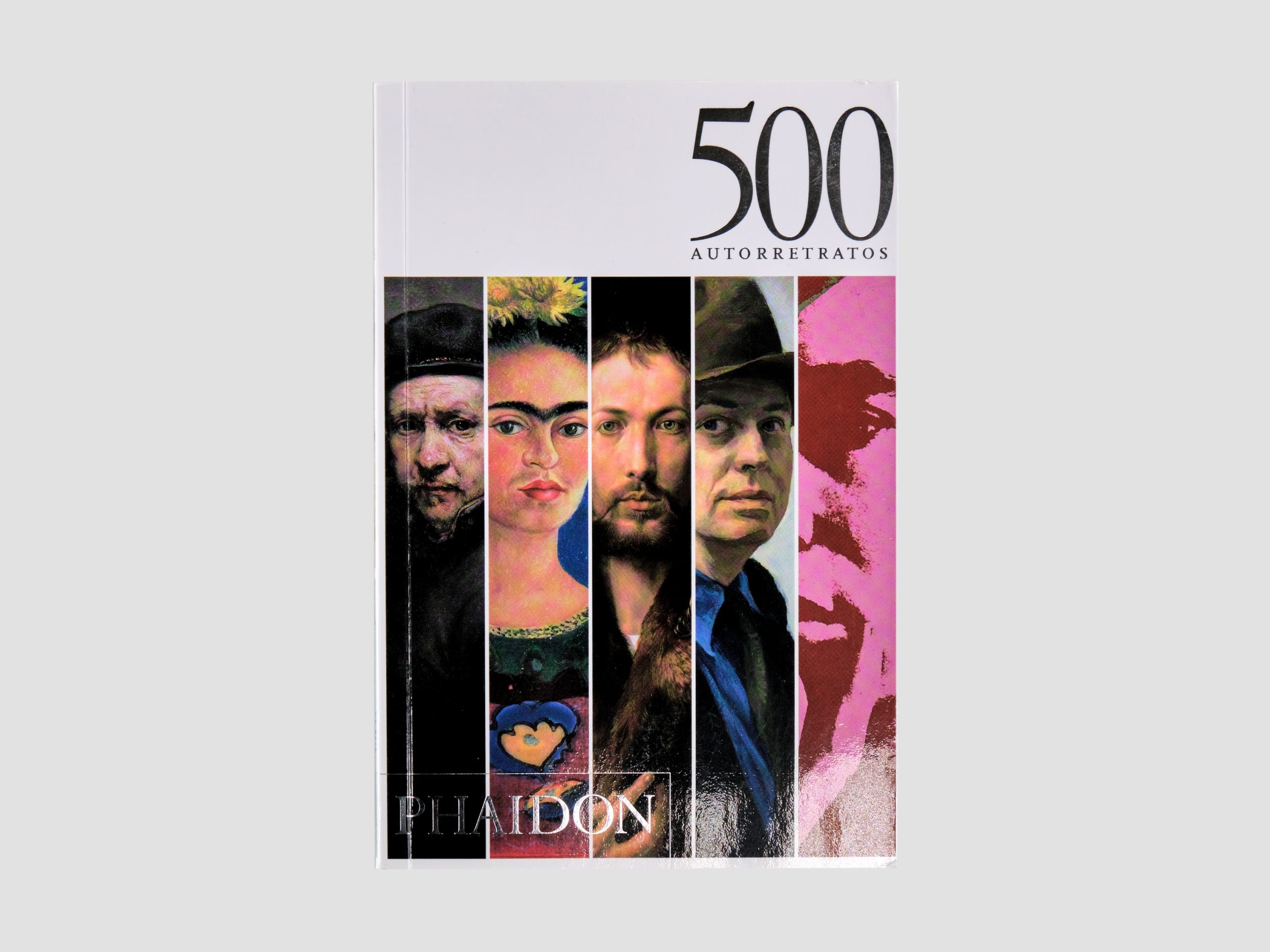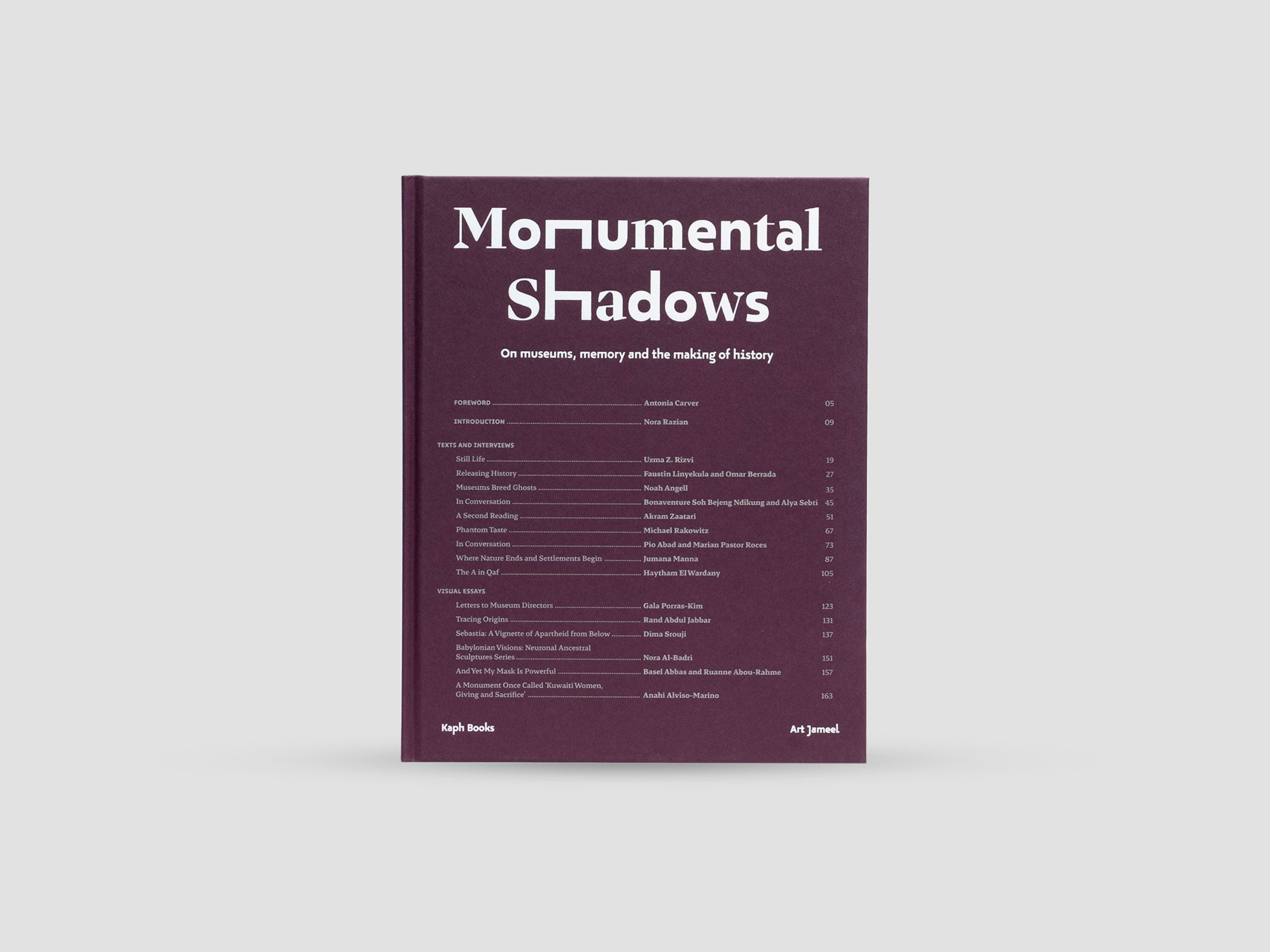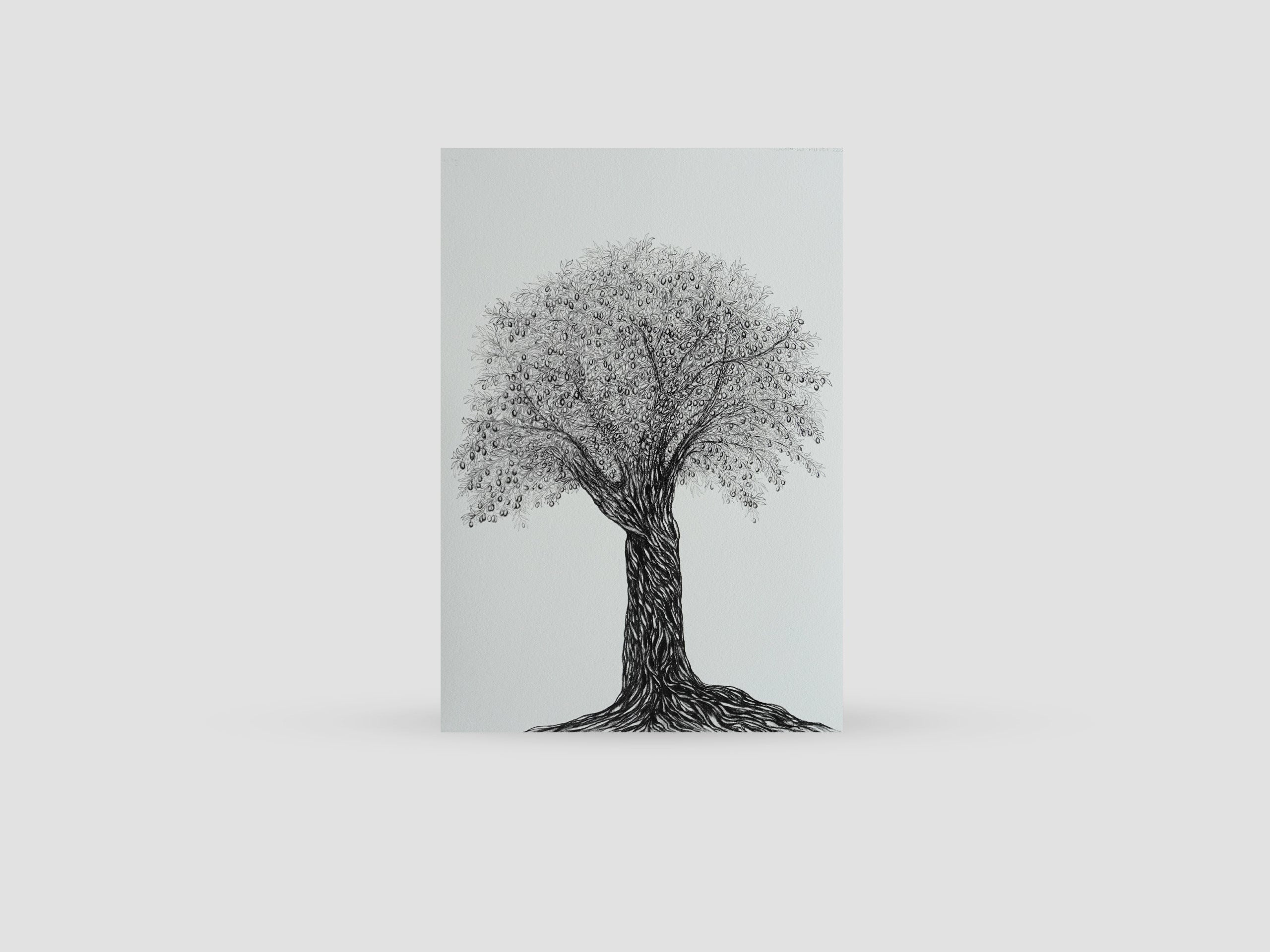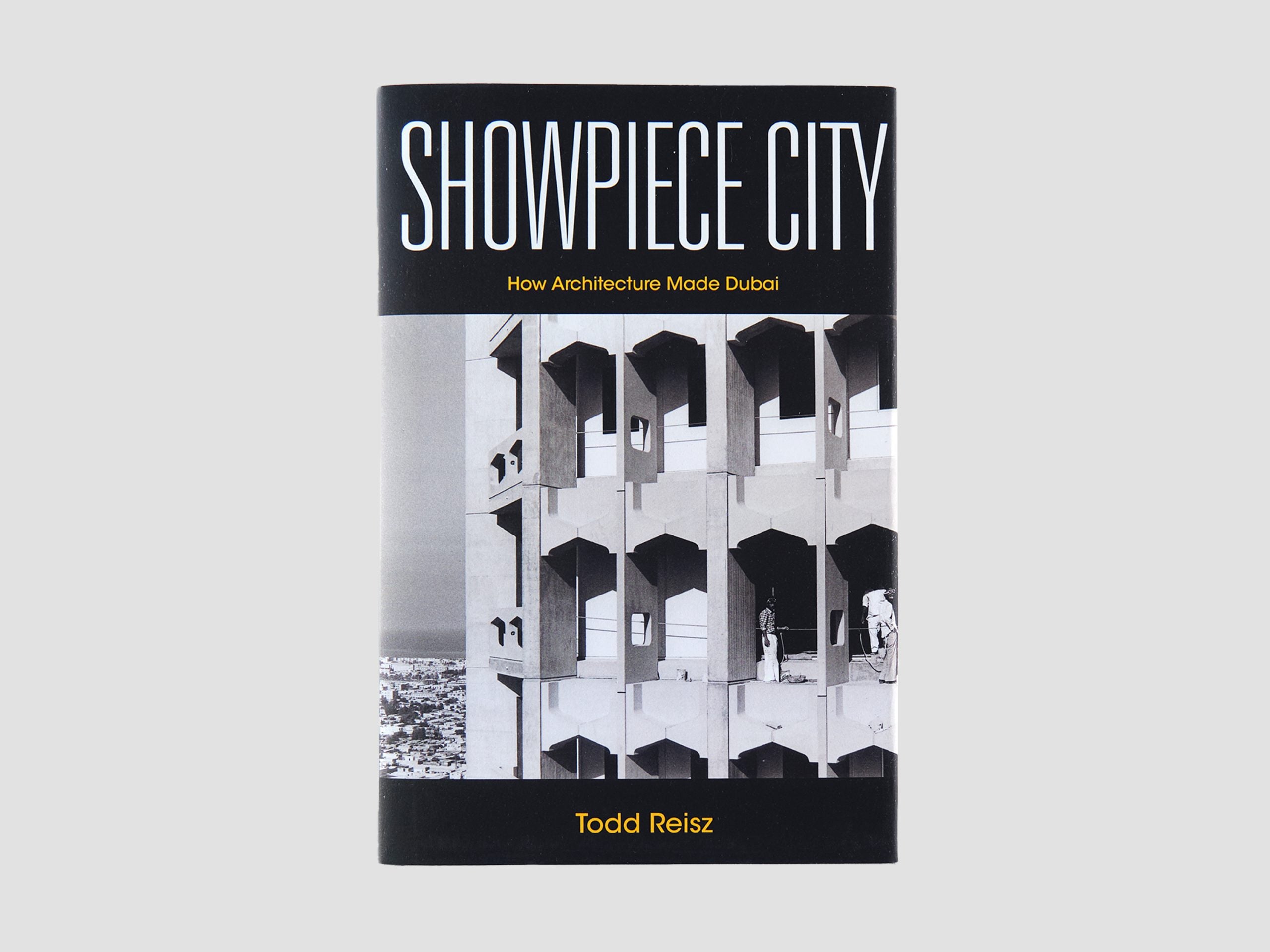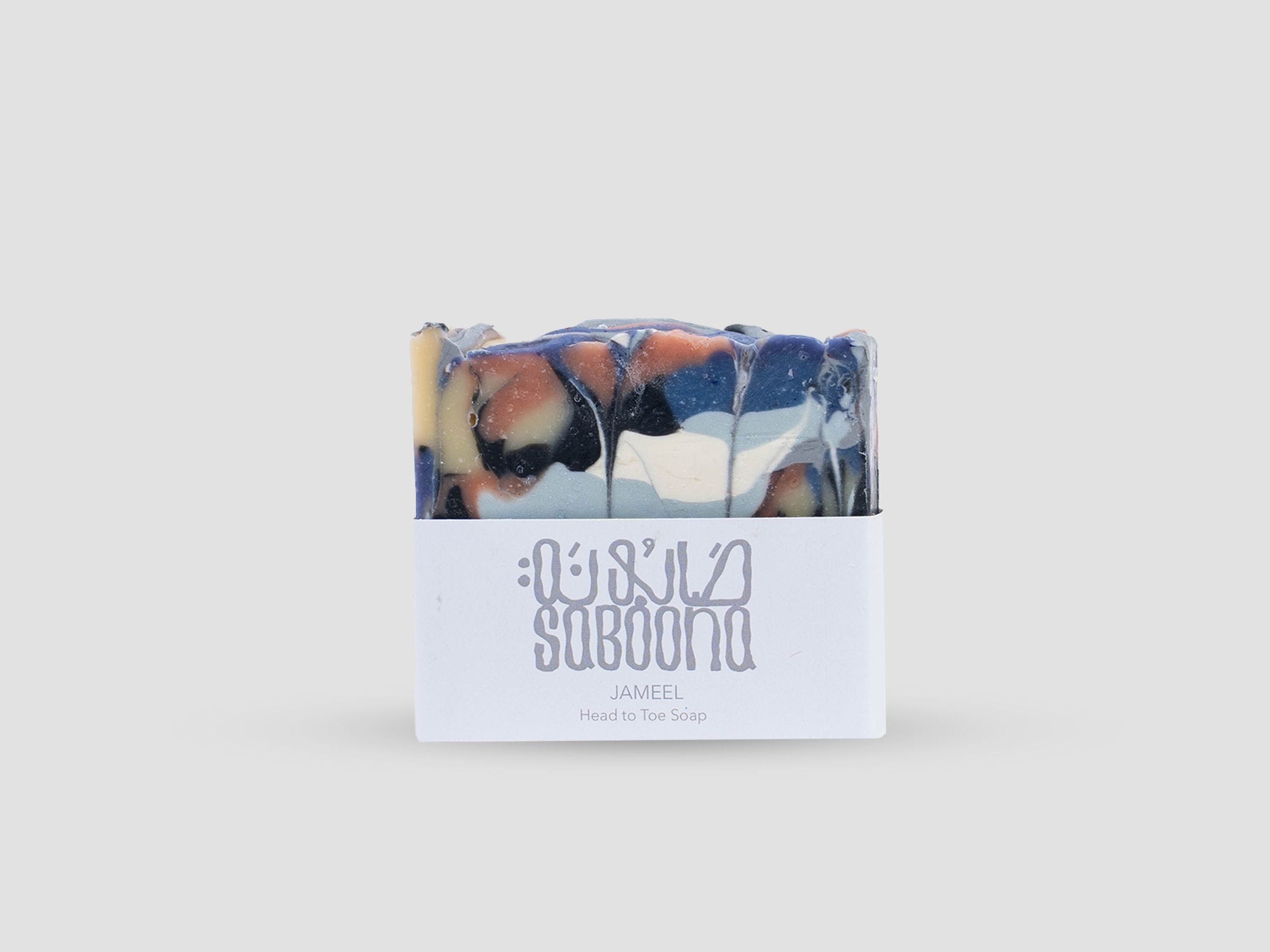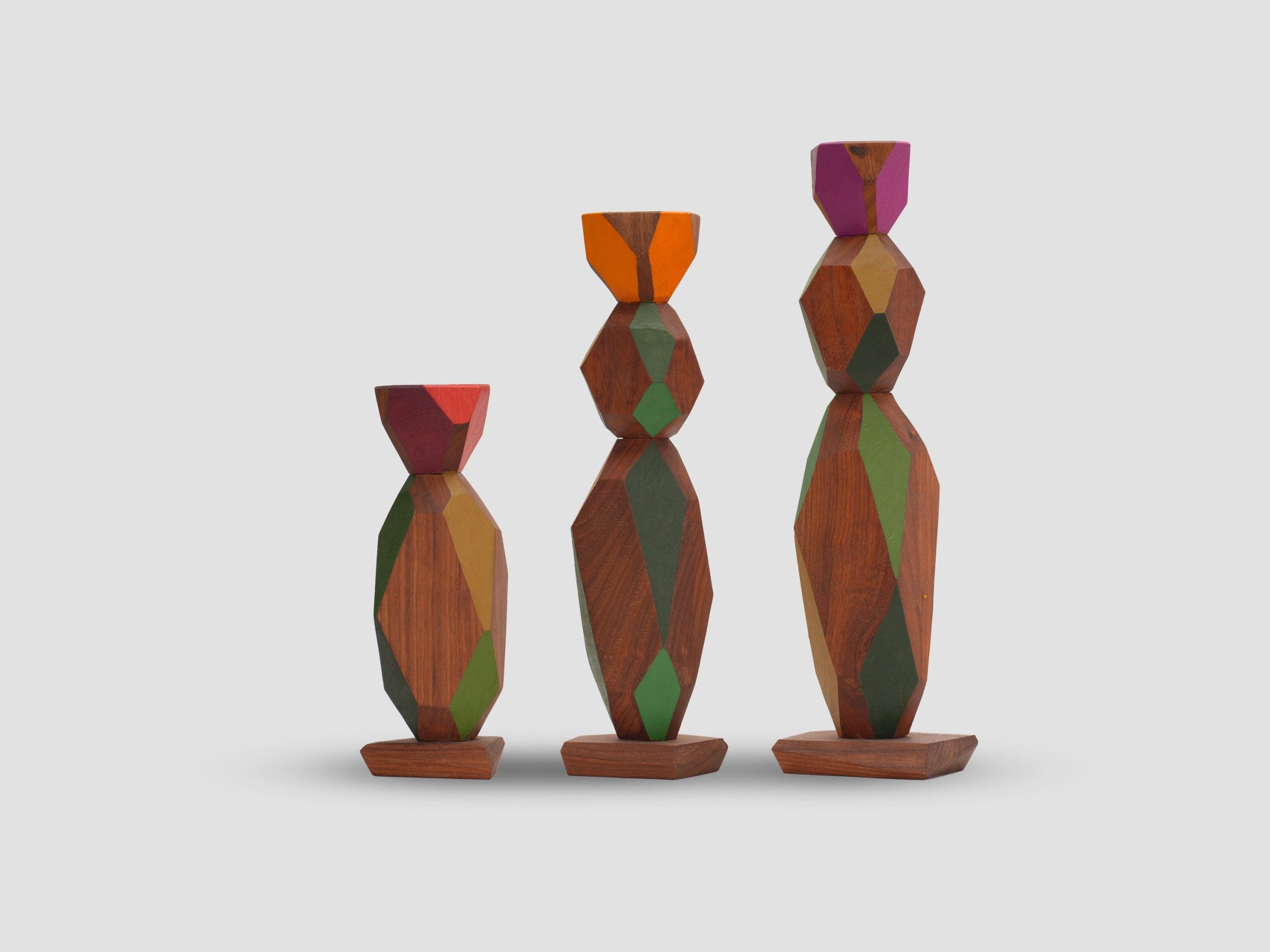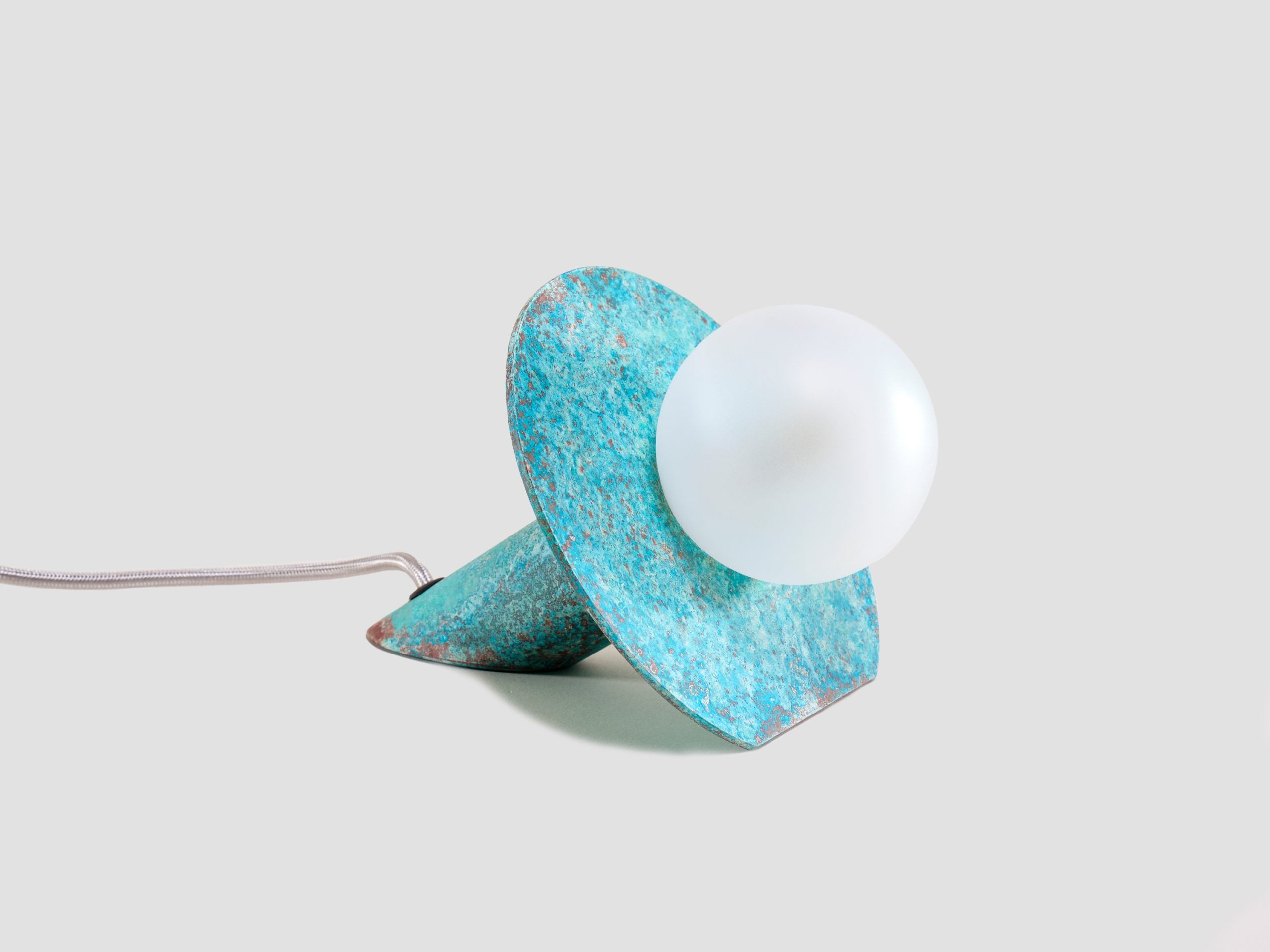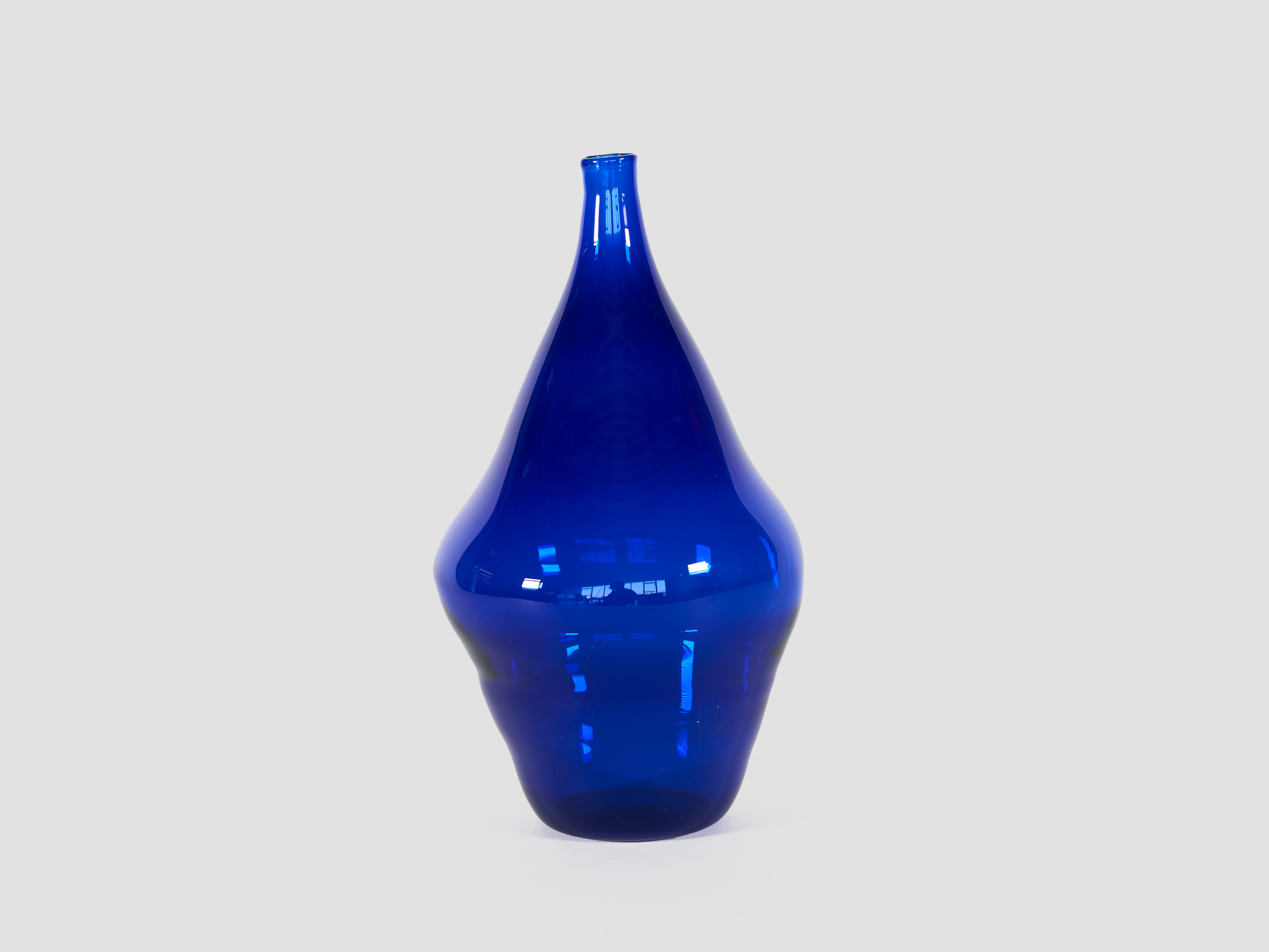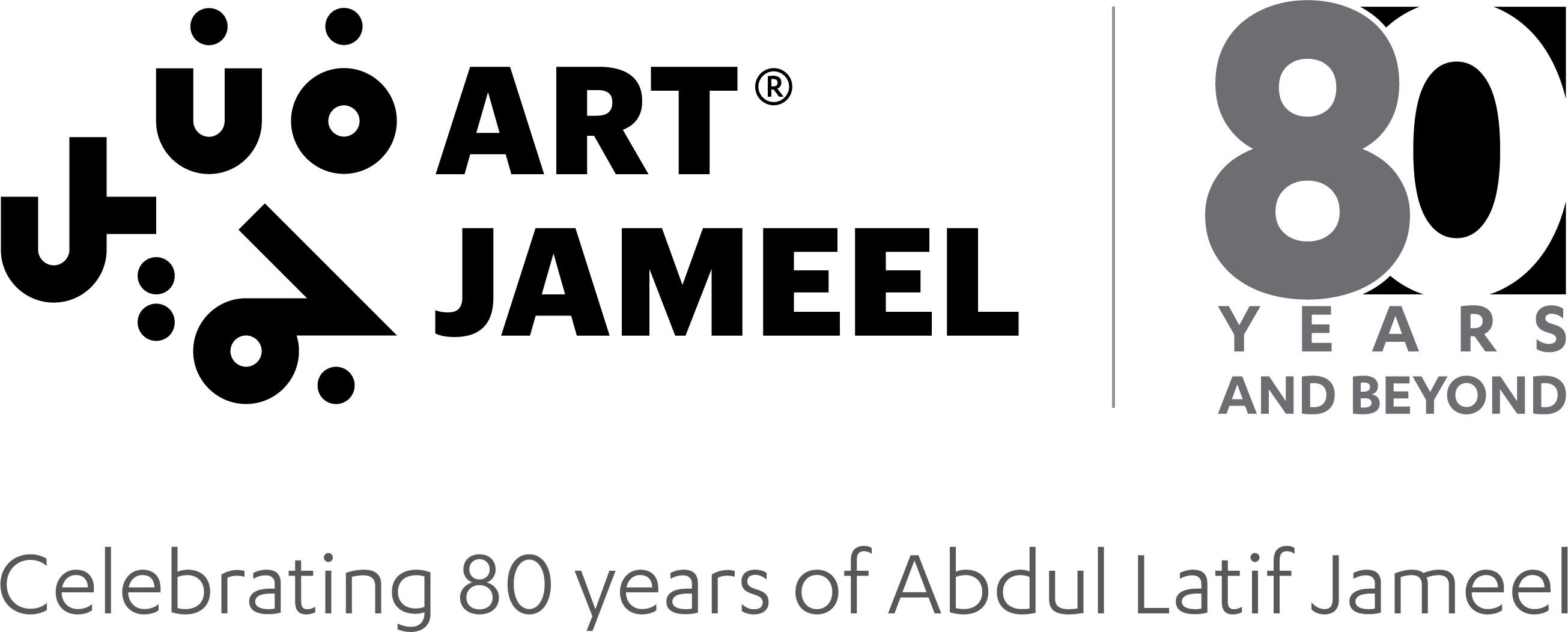

WELCOME TO ART JAMEEL SHOP
Your independent museum-led platform supporting local and regional artists, designers, publishers and brands.
Our online platform caters to customers and audiences worldwide, with two physical stores: Jameel Arts Centre, Dubai and Hayy Jameel, Jeddah.


ART JAMEEL MERCHANDISE
A curated collection of art-inspired products that reflect the spirit of creativity and cultural heritage. Items often include apparel, stationery, home décor, and artist collaborations, all designed to celebrate contemporary art and design from the Middle East and beyond.


EXPLORE
A selection of unique and affordable publications, prints and design products.
Any purchase from the shop directly contributes to Art Jameel’s work in supporting artists and providing learning and opportunities for broad audiences.


Coffee for a Cause: Mawaheb x Art Jameel Shop
Enjoy freshly brewed coffee in our museum shop and support a great cause with our new collaboration featuring Mawaheb Art Studio. Each cup is a unique work of art, designed by talented artists of determination. With every sip, you're helping to celebrate creativity and foster inclusion.
